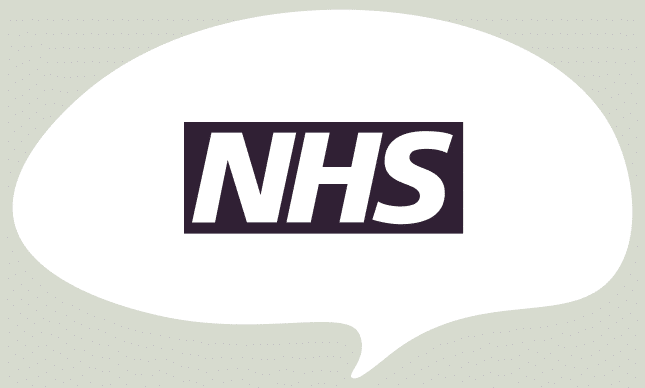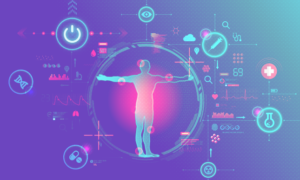How the NHS is leaning into digital healthcare

The NHS has recently published its updated guidelines regarding its priorities. The 2022/23 priorities and operational planning guidance focuses on the challenge of restoring services, meeting the new care demands, and reducing the care backlogs that are a direct consequence of the pandemic. The guidance calls on care systems to expand ‘virtual ward’ models, use data and analytics to redesign care pathways, and exploit the potential of digital technologies to transform the delivery of care and patient outcomes which we at TytoCare believe continues to be a significant step forward in terms of access to better healthcare.
Let’s take a look at some of them.
• Improving urgent and emergency care (UEC) responsiveness and further developing the capacity for community care will allow patients to receive the appropriate care in the best possible setting. Expanding virtual wards will create the equivalent of 5,000 additional hospital beds. In turn, this improved responsiveness will do away with 12-hour wait times in emergency departments, and minimize delays in ambulance handover times.
• Transforming and building community services capacity to deliver more care at home and improve hospital discharge is a key element of the NHS recovery. National funding, alongside additional growth within core allocations for community services funding, will support systems to increase overall capacity of community services to provide care for more patients at home and address waiting lists, develop and expand new models of community care and support timely hospital discharge.
• Fully realizing the digital transformation in healthcare utilizing digital technologies that have the vast potential to transform patient and care outcomes. The pandemic significantly altered the face of digital healthcare and remote patient monitoring, with virtual appointments having increased compared with pre-COVID numbers.
• Furthering the NHS’s capacity for population health management will utilize data and analytics to redesign healthcare pathways and measure significant outcomes. Safe and effective gathering and analysis of these groups’ key patient data will allow digital healthcare pathways to be applied towards improving their care. This will allow for improved access and health equity for constituents and communities that have traditionally been underserved. The result will be better prevention of ill health while addressing health inequalities.
These guidelines define and emphasize a clear commitment to effectively utilize digital technologies and care to improve services across the NHS, ranging from urgent to chronic and preventive care.
Facilitating the NHS Guidelines
We believe that the digital opportunities initiated during the pandemic can now be used to bolster in-person care and provide far-ranging remote services that will help solve the challenges the NHS is now facing.
Amanda Pritchard, Chief Executive of NHS England, has said: “During the pandemic digital technologies transformed the delivery of care. The opportunity now is for the health and care sector to build on this and use the potential of digital to help the NHS address both its long-term challenges and the immediate task of recovering from the pandemic. In practice, this means better outcomes for patients, a better experience for staff, and more effective population health management.”
Our values at TytoCare directly align with the updated NHS guidelines:
• TytoCare offers urgent care support. With TytoCare, patients receive immediate access to healthcare, digitally. The urgent care support provided by TytoCare reduces costs and alleviates pressure on EDs. The importance of these improvements in terms of efficiency and financially cannot be overstated.
• TytoCare provides timely access to care. The benefit of remote patient monitoring became even more apparent during the height of COVID, and its importance continues to be felt. TytoCare allows patients to have digital appointments with GPs as well as specialists and other clinicians, saving time, cost, and resources for patients, caregivers, and clinicians. Additionally, TytoCare minimizes time-per-appointment for clinicians, leading to greater operational efficiencies.
• TytoCare delivers population healthcare management. Utilizing TytoCare for preventive health offers improved outcomes for populations living in rural areas and those in lower socio-economic groups. It allows for earlier capture of illnesses and improves patient access to checkups, leading to enhanced health and wellness among these traditionally underserved populations.
The new NHS guidelines are a natural extension of the medical and technology needs faced by patients and healthcare providers alike. In the decade since TytoCare was founded, we have proudly been at the forefront of the digital transformation in healthcare. As services and trusts across the NHS focus on implementing these new guidelines, TytoCare will continue to support them through superior digital healthcare and remote patient monitoring.





